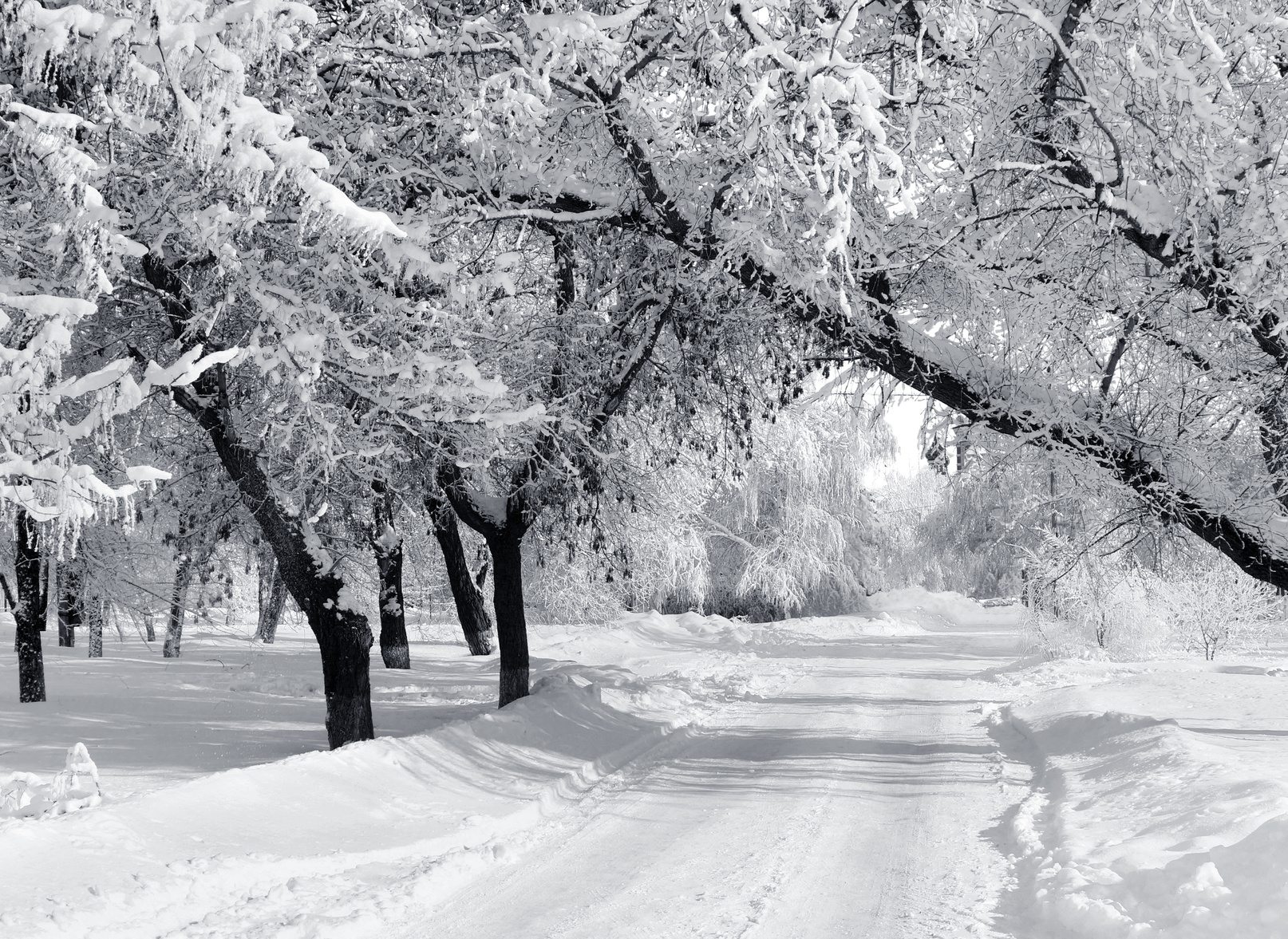The city of Grande Prairie is in the midst of a seemingly sudden cold snap; however, Environment and Climate Change Canada officials say the immediate risk is not in the swiftness of the change, but the long-term effects of the cold on the community.
Residents might remember an unseasonably warm New Year’s Eve at the end of 2023 and ECC Preparedness Meteorologist Natalie Hasell says temperatures were in the positives nearly until the new year.
“If we look at the data there was actually positive temperatures on December 31st,” she says. “We went from a high of minus two on the first to yesterday [January 7th] a high of minus eighteen so that is a relatively quick transition although there are times we see a frontal passage which could mean a very abrupt change.”
The frontal passage Hasell cites refers to a weather phenomenon that occurs when cold, dry air moves into a warm area causing inclement weather like wind gusts and cold temperatures.
Hasell adds that the concern is really the long-term effects of extreme cold temperatures. She says frozen soil could become a serious issue for residents in the spring depending on how the rest of the winter goes.
“It’s not necessarily the fact that it’s a swift change but it’s that we are getting to very very cold temperatures,” she says. “Because we’re reaching these cold temperatures and we might be reaching them for an extended period of time, the soil might become frozen quite away down, and that takes a very long time to thaw.”
Hasell says should the ground freeze enough over the winter, concerns such as pipe bursts and agricultural problems could become a significant issue for the city when it warms up.



